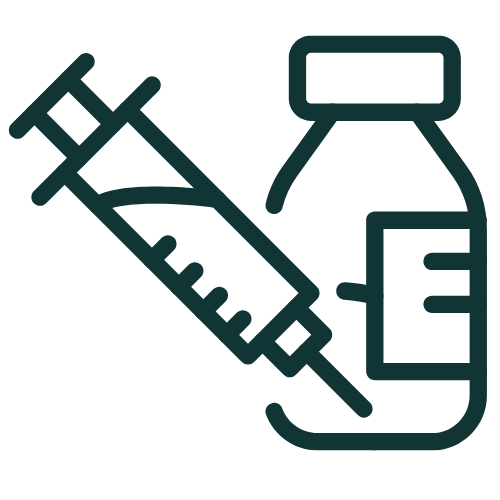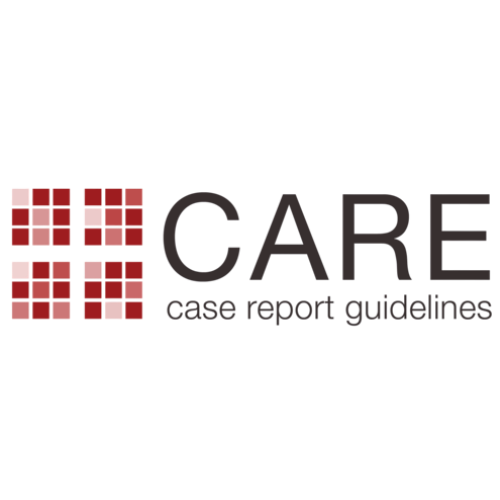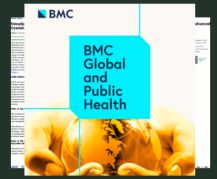Our service is ideal for physicians, clinicians, surgeons, medical researchers, life sciences professionals, and academic scholars who want to publish their novel research in high-impact journals.
We support a variety of formats, including:
– Clinical trial reports
– Case-control and cohort studies
– Laboratory and experimental research
– Systematic reviews and meta-analyses
– Epidemiological studies
Yes. We strictly adhere to target journal requirements and international reporting standards like CONSORT, STROBE, PRISMA, and ARRIVE.
To conduct empirical research, especially in a clinical or academic setting, follow these steps:
- – Define a clear clinical or scientific question
- – Review existing literature to identify research gaps
– Select an appropriate research design (RCT, cohort study, etc.) - – Obtain ethical approvals (IRB/IEC)
- – Collect data through clinical trials, surveys, or observational methods
- – Perform statistical analysis using appropriate tools (SPSS, R, etc.)
- – Report results in line with guidelines (CONSORT, STROBE)
Empirical research provides real-world, data-driven evidence, making your conclusions testable, reproducible, and clinically applicable. It is especially valuable in:
- – Validating treatment outcomes
- – Informing public health decisions
- – Supporting regulatory submissions
- – Driving innovation in clinical practice
Yes. The mixed-methods approach integrates both numerical (quantitative) data and thematic (qualitative) insights. This is particularly useful in health services research, patient experience studies, and behavioural health, where combining metrics and narrative provides a fuller understanding of the research problem.
- Empirical research involves gathering and analyzing real-world data, often through clinical studies, trials, or lab experiments.
- Theoretical research focuses on developing models, frameworks, or hypotheses based on existing knowledge, without direct data collection.
- In clinical disciplines, empirical research is essential for evidence-based practice, whereas theoretical models guide hypothesis development or simulation studies.
The timeline depends on the complexity of the study and the availability of data. On average, a full article takes 2–4 weeks from draft to final version.













































